Interesting in diving into the world of trading, financial markets, and more, but aren’t sure how to get a read on the market or price action? Lucky for you, there are a number of books, resources, and guides available to educate you all about technical analysis.
Technical analysis is the practice of studying price charts to discover patterns or trends that could be used to help traders and analysts predict future price movements, before they occur, helping them gain a competitive edge in the market.
Those that put technical analysis to regular use, can help a trader of any experience level grow to become more successful, maximizing profit and keeping risk to an absolute minimum. These guides will books and guides will teach you all about chart patterns, candlesticks, what their open and closes typically indicate, technical analysis indicators, oscillators, trading strategies, and more, in addition to unique market concepts such as Elliot wave theory, seasonality, accumulation cycles, and more.
If you enjoy the following list of technical analysis books, be sure to check out our other lists on the best books for day trading and the best forex trading books.
Getting Started in Technical Analysis
Written by Jack D. Schwager
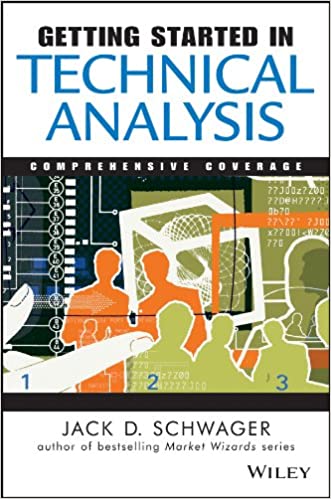
If you are getting started in technical analysis for the first time, then there’s no better place to begin than this aptly named book, by respected author Jack D. Schwager. Schwager has written an accessible guide for early beginners that is clear, and easy to understand, but continues to be thorough in exploring many unique concepts.
Traders will learn the basics of reading price charts, patterns and formations, trend recognition, and trading strategies. The book includes a variety of examples of these basic technical analysis concepts and how traders can leverage them to their advantage.
Technical Analysis for Dummies
Written by Barbara Rockefeller
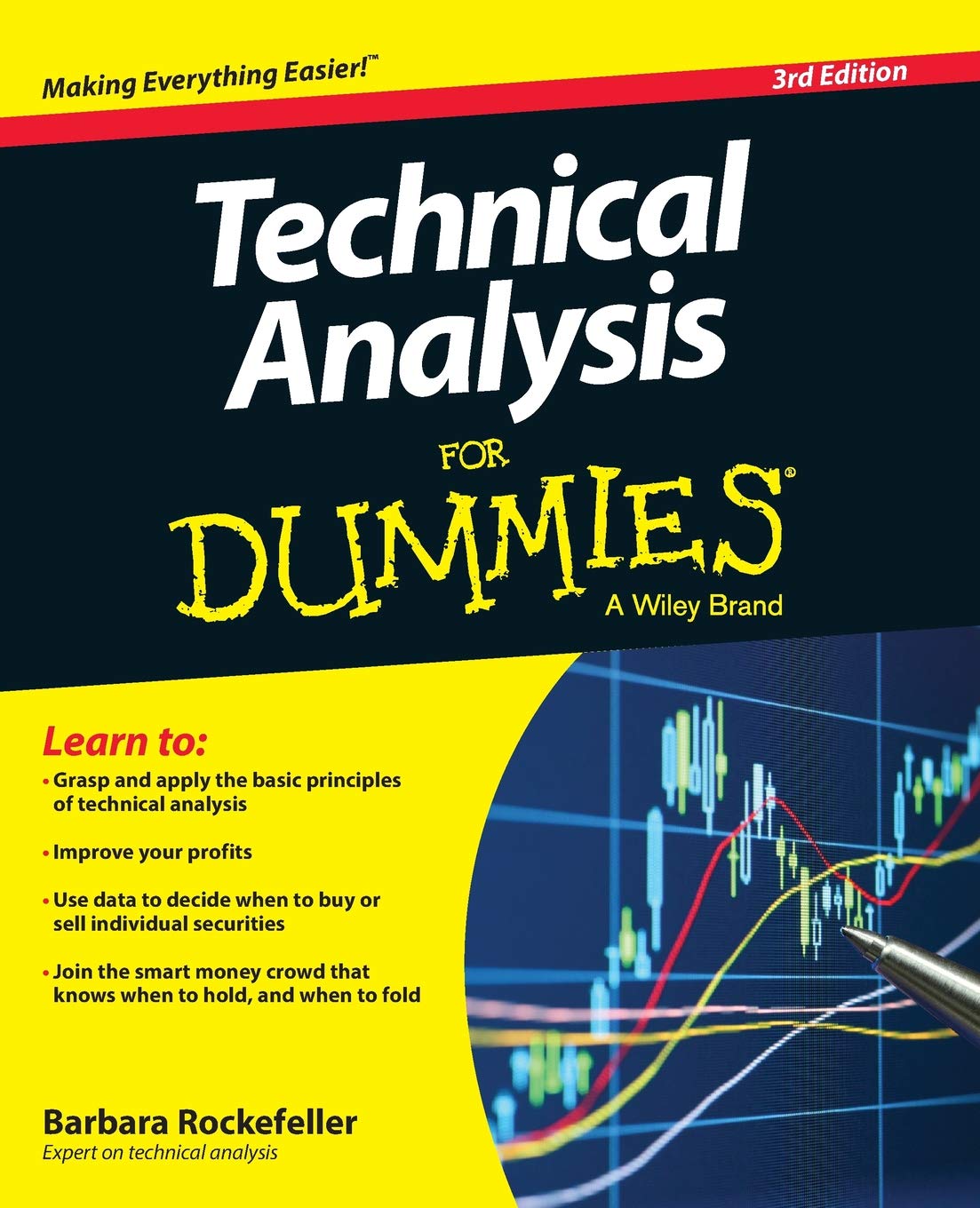
Don’t let the name fool you, the Dummies series of books always provide a solid background into a subject, clear instructions on the basics, and an introduction to more advanced concepts for traders to continue their education beyond the book itself should they so choose.
Technical Analysis for Dummies is a great first book for novice traders to begin to learn about candlesticks and chart formations, market principles, how to spot trends, and how to use market data as a tool. It also provides practical examples of real-life market situations.
Technical Analysis Explained
Written by Martin Pring
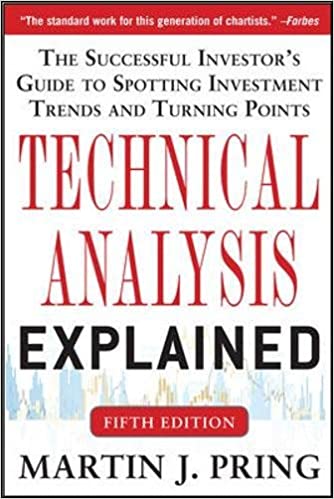
The book’s author, Martin J. Pring is the chairman and strategist for an technical analysis research firm providing insight to financial institutions and individual investors across the globe. Pring’s book, Technical Analysis explained is considered by some to be the bible to technical analysis guides, making it a top choice among traders first trying to learn markets. When they run into challenges, the book also serves as reference material that can be reviewed again and again.
Traders will learn how to incorporate technical analysis into their investment strategies in a practical way, using advanced tools and indicators to find trends, and predict market movements. Pring’s unique blend of traditional theories and new-age techniques can help any trader step up their game.
The Art and Science of Technical Analysis: Market Structure, Price Action, and Trading Strategies
Written by Adam Grimes
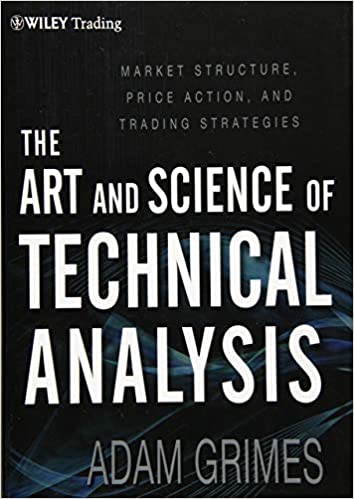
This book goes beyond basic books and approaches technical analysis as an art and science, principle and discipline, versus a regimented strategy that must be followed step by step. It introduces the trader to both basics and provides a comprehensive look into the psychology of trading. The Art and Science of Technical Analysis includes detailed trade data to teach performance analysis so traders can learn from mistakes or from major successes.
The book will explain the various terminology surrounding technical analysis markets in an understandable, easily digestible way, yet gets into more advanced technical indicators such as moving averages and the MACD and teaches traders how to utilize these tools within their own analysis and trading strategies.
Technical Analysis from A to Z
Written by Steve Achelis
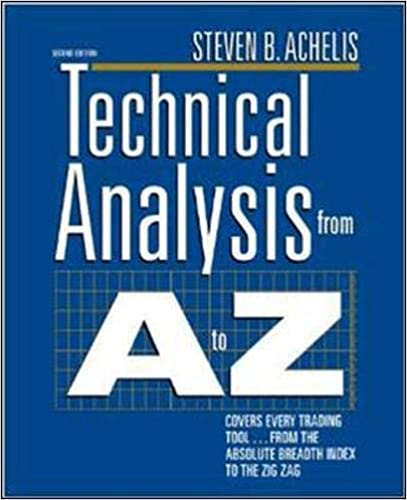
Technical Analysis from A to Z acts as a full series of encyclopedias on technical analysis indicators, chart patterns, theories, advanced trading concepts and much more. The book, now on its 2nd Edition, has been updated to include up to 35 new market indicators for even more education.
Traders looking for a book with a little more meat on its bones will learn a lot from author Steve Achelis. This reference guide features a vast array of chart patterns, technical tools, and much more that will appeal to both new traders and pros alike.
Japanese Candlestick Charting Techniques
Written by Steve Nison
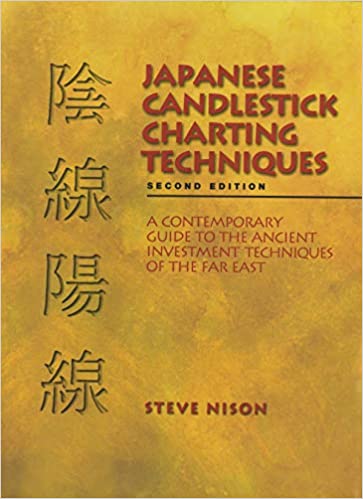
It’s not just long-term trends, or multi-week chart patterns across high timeframes that matter. Oftentimes, a lot can be learned from the way a single candle opens and closes. Such is the practice and study of Japanese candlestick charting.
The book will educate traders on how to watch for early signals that reversals could be ahead using candlesticks, and explain the meaning of many types of different candlesticks, such as the doji, or an engulfing candle.
Encyclopedia of Chart Patterns
Written by Thomas N. Bulkowski
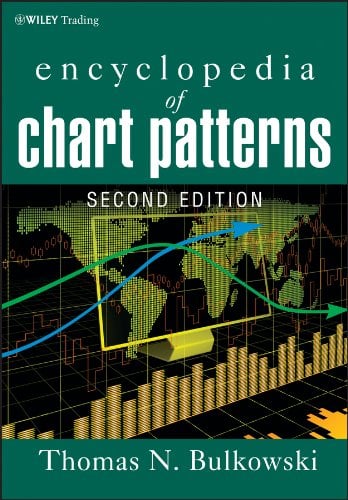
Traders already familiar with the basic concepts of technical analysis may find themselves enjoying this deep dive into the world of chart patterns. This complete encyclopedia is a 1000-page behemoth of a reference guide, featuring over 60 different patterns.
In addition to teaching traders up to 60 different chart patterns including the head and shoulders, bull flag, and man others, the Encyclopedia of Chart Patterns featured strategies on how to trade the patterns, as well as what to expect for typical results.
Chart Patterns: After The Buy
Written by Thomas N. Bulkowski
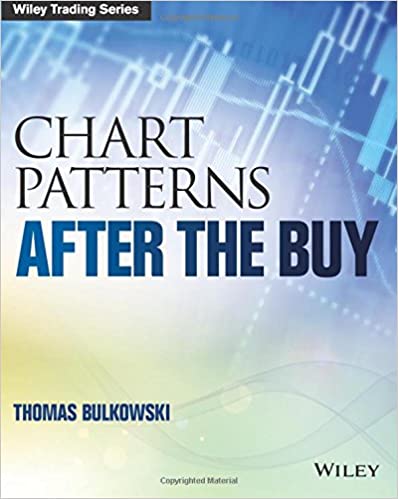
Yet another must-have book on chart patters comes from the master himself. Bulkowski has studied thousands upon thousands of price charts and done extensive detailed statistical analysis of the performance of the chart patterns identified.
In this more advanced look into chart patterns, traders will learn how to identify patterns, know when they are failing or confirming, plan entries and profit take zones, and much more. It also provides the common statistical results traders can expect from each pattern, including additional factors such as throwbacks or false breakouts.
Technical Analysis Using Multiple Timeframes
Written by Brian Shannon
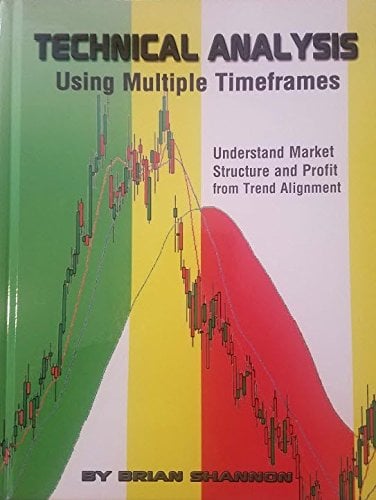
Our list of books is beginning to get more advanced, and Technical Analysis Using Multiple Timeframes really ramps this up. This book introduces traders to more advanced technical analysis concepts such as market structure and psychology and how to use these tools to your advantage.
Traders will learn how to spot establish trends to enter with low risk, set proper stop loss placement, and much more. Most importantly, the book details the different strategies traders can use across multiple timeframes to get a better snapshot of the overall market.
Technical Analysis for the Trading Professional, Second Edition: Strategies and Techniques for Today’s Turbulent Global Financial Markets
Written by Connie Brown
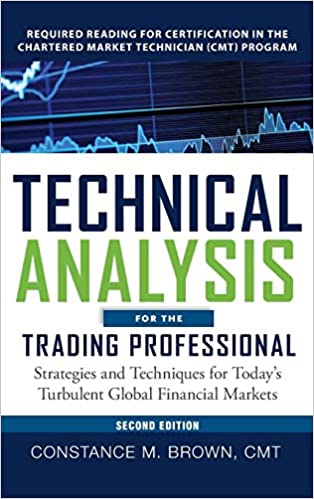
Want to learn how to trade like the pros do, turning small initial capital into large wealth? This book by Connie Brown is your first major step toward trading in the big leagues and learning the techniques used by institutional investors.
While earlier books in this list were introductions to basic concepts only, this book introduces traders to a vast array of advanced techniques including Elliot Wave Theory, Fibonacci projections, the relative strength index, Gann analysis, and much more.
Investment Psychology Explained: Classic Strategies to Beat the Markets
Written by Martin Pring
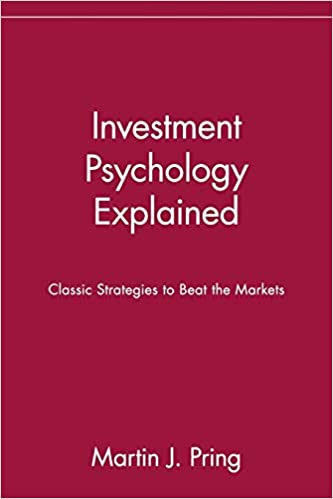
Another entry in this list from Martin Pring, Investment Psychology Explained digs into what traders are thinking and feeling behind each and every market movement, and explores a trader’s own emotions and teaches them how to remain stoic despite any market condition.
The book teaches traders about how to prevent emotions from interring with judgment the making trades, thus avoiding FOMO-driven news events, and knowing when to go against the crowd when sentiment is at extremes, as well as many more psychology-based strategies.
Breakthroughs in Technical Analysis: New Thinking From the World’s Top Minds
Written by David Keller
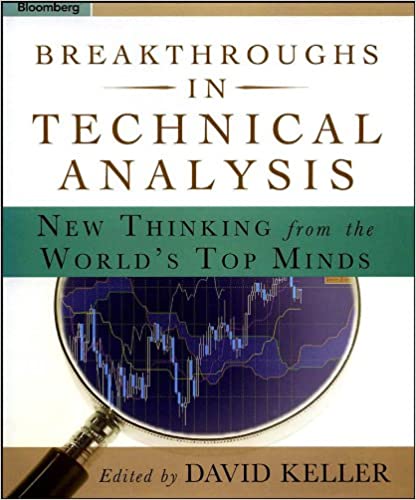
The book’s author is also the creator of the Bloomberg Weekly Technical Strategy Report, an exclusive newsletter for Bloomberg customers, and the chair of the New York region for the Market Technicians Association. Keller knows markets, and teaches traders the mastery of the most advanced technical strategies.
Not only is Breakthroughs in Technical Analysis jam-packed with education for traders, but the book features commentary from many of the best analysts in the industry, offering insight into techniques old and new.
Market Wizards
Written by Jack D. Schwager
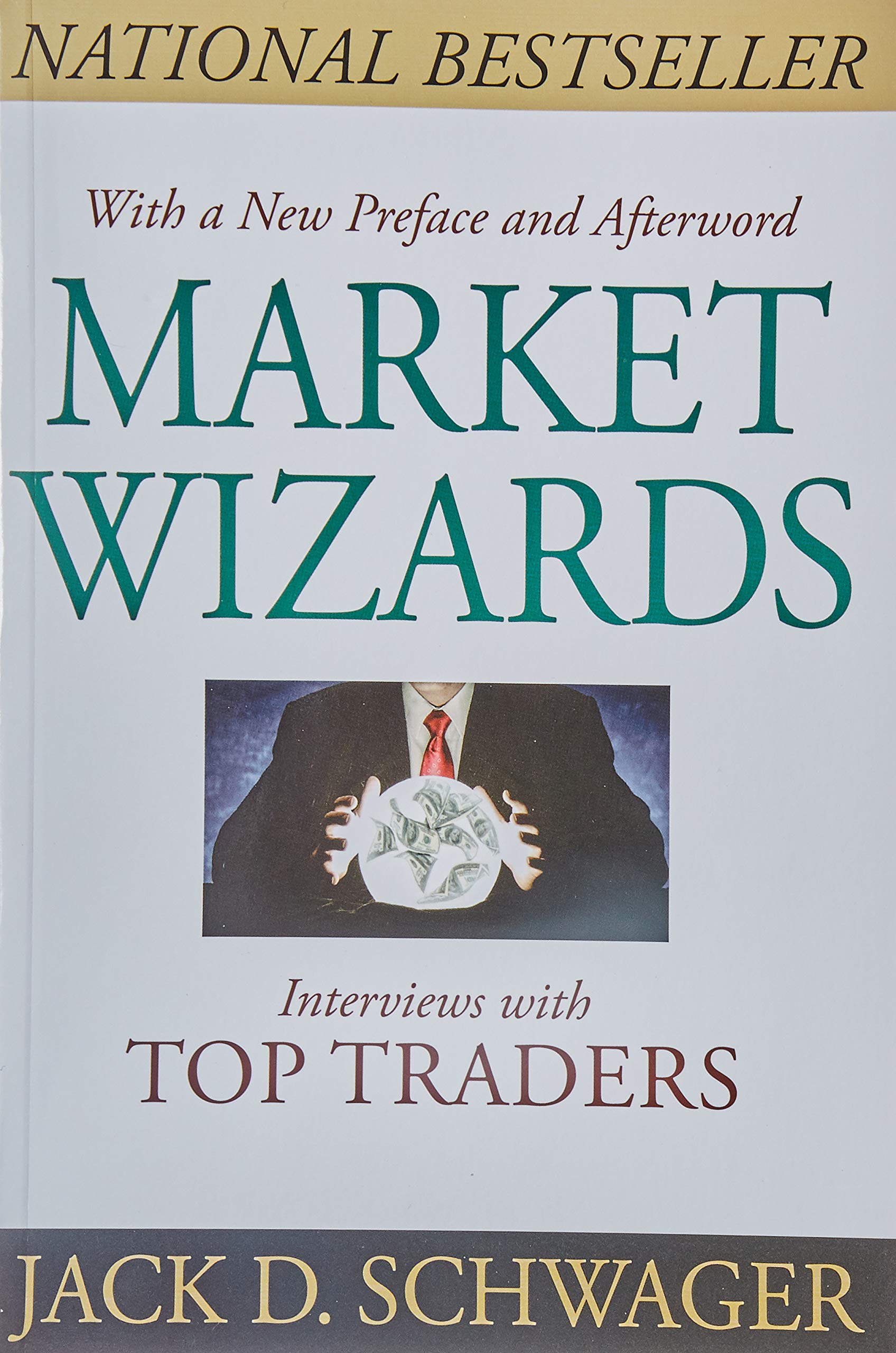
Going far beyond your typical chart analysis books, Market Wizards is a series of interviews with the world’s top and most respected professional stock and forex traders.
The book’s author introduces traders to many concepts, and poses commons questions all traders face about why they fail or succeed and includes real-world responses from some of the best traders in the world.
How to Make Money in Stocks
Written by William O’Neil
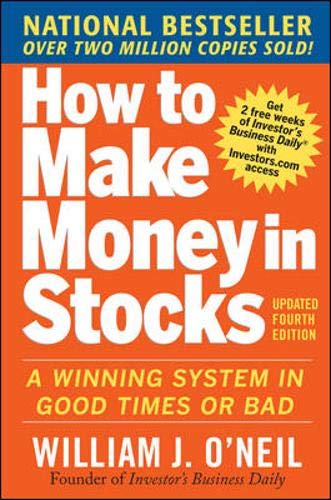
How to Make Money in Stocks: A Winning System in Good Times and Bad is written by the founder of Investor’s Business Daily and William O’Neil + Company, a data research firm serving institutions.
This book takes a very different approach to technical analysis in that it also combines fundamental analysis for growth investing. It explains how to choose stocks or companies with exceptional returns, and then watch for particular price patterns for signals of when to buy or sell.
The Little Book of Stock Market Cycles
Written by Jeffrey Hirsch
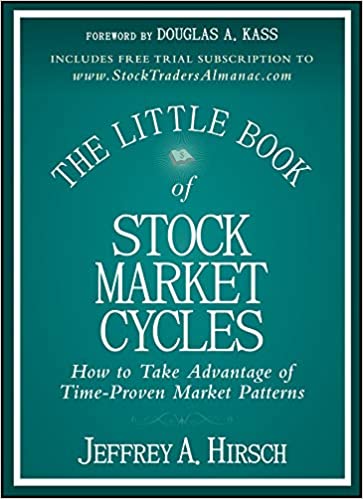
Markets are cyclical, and history often repeats. Even certain months or days can be important pivot points in markets, and this book explores these very basic but more interesting theories. The Little Book of Stock Market Cycles also backs up these theories with statistical data, which shows that there’s more than just a coincidence in market timing.
Believe it or not, there’s something called the Santa Claus effect, the Halloween effect, and you may have heard of phrases like “sell in May and go away.” These cyclical events often coincide with specific market behaviors again and again, and can help traders stay ahead of the competition.
Elliott Wave Principle: Key to Market Behavior
Written by Robert Prechter
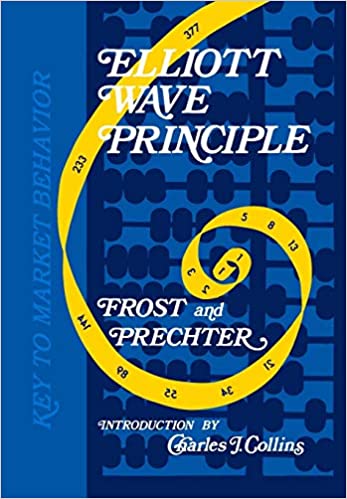
By now, the books on this list have become extremely advanced, offering even experienced traders a wealth of knowledge or potentially a look at an entirely new or overlooked theory. Elliot Wave Principle is a controversial study of market behavior, focusing on certain market movements.
The book will not only explain the difference between the various types of impulse or corrective moves but explains Elliot Wave Theory and how it applies to market behavior in full. In what it is considered the definitive guide on the subject.
A Complete Guide To Volume Price Analysis
Written by Anna Coulling
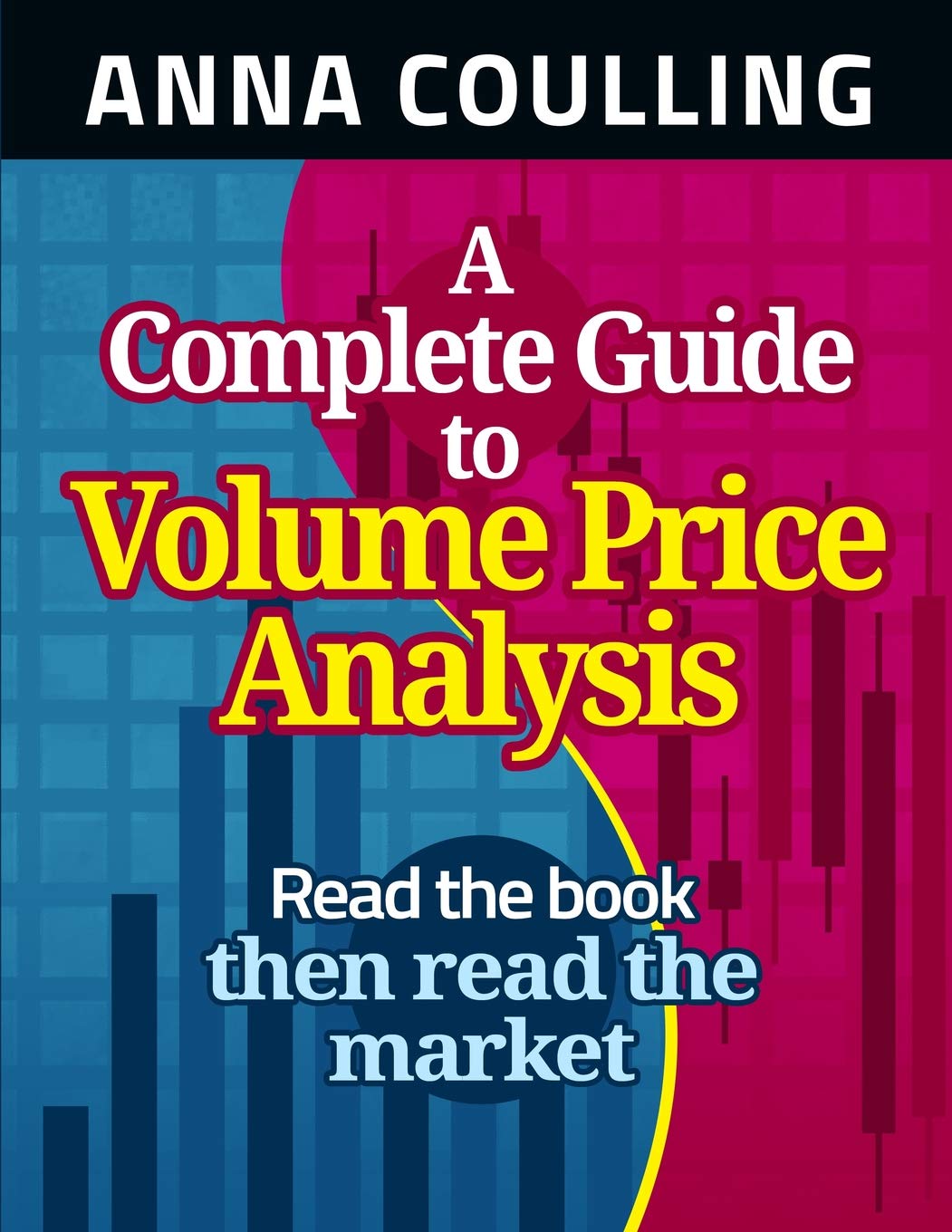
Ever hear the phrase, “volume precedes price”? It speaks to the fact that the smartest traders often take positions before the rest of the pack follows, and there can be early signs of this occurring, not in price action, but in the volume of an asset traded.
This book explains how certain spikes in trading volume could signal a reversal is coming, and looks at how volume expansion is often necessary for trends to continue.
Cloud Charts: Trading Success with the Ichimoku Technique
Written by David Beckett Linton
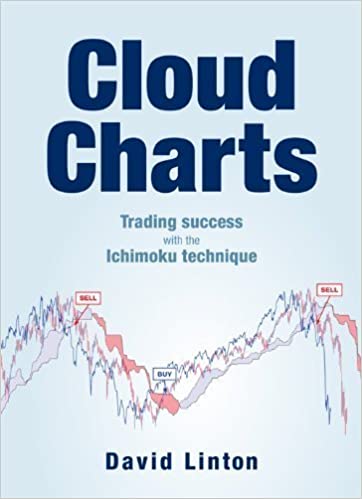
Ichimoku cloud is a Japanese style of analysis that offers traders an at a glance look at the overall market structure. The tool can often be overwhelming at first consisting of multiple lines and a cloud that turns from red to green depending on price action, then expands or contract based on volatility.
This book teaches traders how to take full advantage of the tool to plot support and resistance, spot trend reversals, and much more using the technical analysis indicator.
The Definitive Guide to Point and Figure
Written by Jeremy du Plessis
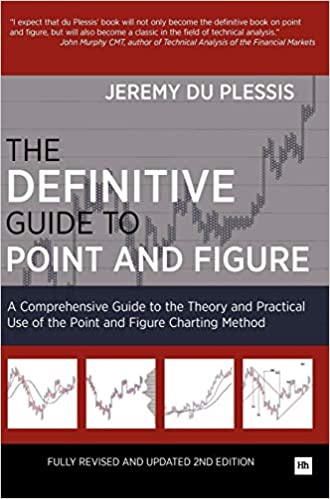
This is a very often overlooked but incredibly helpful trading strategy considered one of the secrets of the trading world.
The book serves as a detailed explanation of how to implement this method into your daily trading straggles, how to fill out boxes, understanding patterns, and even lesser known techniques such as adding indicators such as Bollinger Bands or moving averages on Point and Figure charts.
The Encyclopedia Of Technical Market Indicators
Written by Robert W. Colby
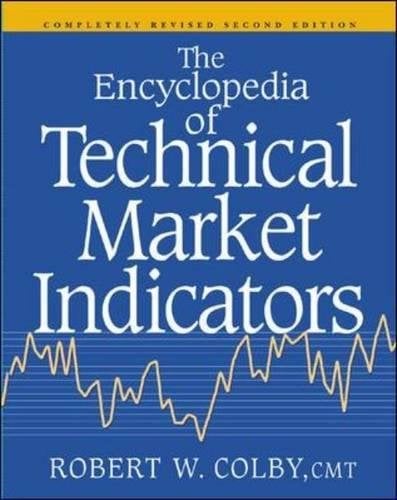
Confused by some of the terms used above, such as Relative Strength Index, Ichimoku clouds, or the MACD? Then this book is perfect for you, acting as the holy grail resource of technical analysis indicators.
Not only does the book detail what each indicator is, what it does, but also explains how to use them, trading strategies, and much more.
Conclusion
With the skills gained and strategies learned after reading these books, guides, and resources on technical analysis and advanced charting techniques, you’ll become a profitable trader in no time at all.
Be sure to review and study the lessons contained in each book regularly to further sharpen your skills, remind yourself of any tips or common mistakes traders make, and get the most out of your trading strategies.
Put your newly learned skills to the test by signing up for a free trading account at Flurex Option, the most advanced trading platform in the market.
Flurex Option offers profit-generating tools such as up to 1000x leverage, take profit and stop loss orders, and built-in charting software letting traders performer technical analysis right from the platform itself, without the need for third-party charting software.


